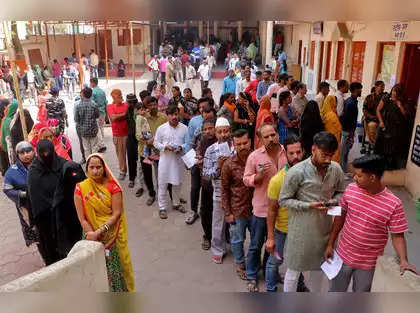The democratic process, even at its most efficient, faces myriad challenges. While in some countries, opposition leaders are pushed out of the fray, imprisoned or worse, in others, disinformation can, and does, play havoc. Mud-slinging and questions raised about the voting process – remember the last US elections – can make elections extra challenging. There is also the genuine concern that the world is moving away from liberal democracy, as politicians stoke fear and promote identity politics.
This weekend, as Russians engage in a form of democracy that is akin to Roman acclamations, it’s essential to remember that holding elections alone is not the only parameter for a successful democracy. Not even when they are free and fair. Institutions, conventions and practices that sustain and protect the people’s right to make an informed choice without fear are also chief ingredients. The popular vote and elections, serving as handrails for democratic principles, ensure that divergent voices retain their potency. Yet, while the spectrum of democracies may fall short of perfection, they are, warts and all, the ‘least bad’ option for free citizens.










